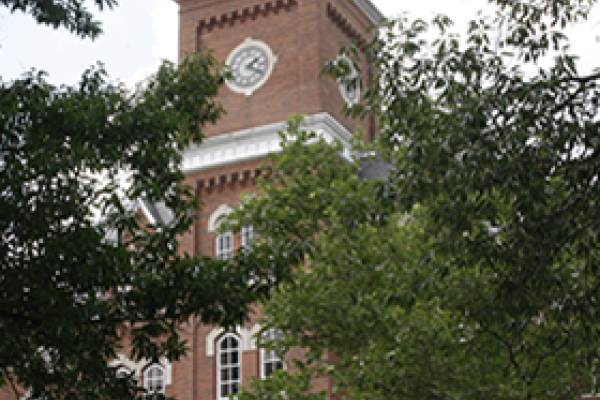
WU Jiang, Associate Professor of East Asian Studies, University of Arizona
"Reading Religion as Event History: Chinese Monks, the Pirate King, and Japanese Shoguns in Seventeenth-century East Asia"
Abstract
Situated at the margin of East Asian political history, religion rarely shaped the course of history as significant events. However, when religion did intersect with the secular power, it is difficult for scholars to fully understand its meaning. In this talk, Dr. Jiang Wu examines the historical events leading to the 1661 founding of Manpukuji 萬福寺in Japan by the Chinese Zen master Yinyuan Longqi 隱元隆琦(1592–1673), whose life was involved with Zheng Chenggong’s 鄭成功resistance movement in Southeast China and the shogunal politics in early Edo Japan. In addition, he will reflect upon the methodological issues for interpreting religious events in East Asian history.
Bio
Dr. Jiang Wu is currently doing research on seventeenth-century Chinese Buddhism, especially Chan/Zen Buddhism, the role of Buddhist canons in the formation of East Asian Buddhist culture, and the historical exchanges between Chinese and Japanese Buddhism. He is the author of Enlightenment in Dispute: The Reinvention of Chan Buddhism in Seventeenth-century China (Oxford 2008) and Leaving for the Rising Sun: Chinese Zen Master Yinyuan and the Authenticity Crisis in Early Modern East Asia (Oxford, 2015). He also co-edited a conference volume on the Chinese Buddhist canon which will be published by Columbia University Press in fall 2015.
For more information, please contact Jeff Chan at chan.184@osu.edu
